

2019-08-09 18:35:00 Fri ET
stock market competition macrofinance stock return s&p 500 financial crisis financial deregulation bank oligarchy systemic risk asset market stabilization asset price fluctuations regulation capital financial stability dodd-frank
Nobel Laureate Joseph Stiglitz maintains that globalization only works for a few elite groups; whereas, the government should now reassert itself in terms of both redistribution and regulation. The rich elite interest groups have better social and economic opportunities than others. From education to the family stock ownership of public companies, the elite groups perpetuate their socioeconomic advantages from generation to generation.
In most tech-savvy sectors, a few dominant tech titans such as Facebook, Apple, Microsoft, Google, and Amazon (F.A.M.G.A.) now reinforce almost insurmountable barriers to entry. Under the Trump administration, banks and insurance companies face less stringent macroprudential rules and regulations; public corporations and high net-worth residents enjoy lower income taxes; big biotech and pharmaceutical corporations and health insurance providers exploit millions of American patients with astronomical medicine prices.
However, U.S. real wages stagnate for the bottom echelon of American society in the 60 years from 1959 to 2019. The key policy debate calls for greater government investments in higher education, infrastructure, tech innovation, and environmental sustainability. The Federal Reserve should herald core interest rate normalization to better ensure inflation control, maximum sustainable employment, and financial market stabilization. Meanwhile, the Treasury should exercise fiscal prudence and discipline in national debt and budget deficit management.
If any of our AYA Analytica financial health memos (FHM), blog posts, ebooks, newsletters, and notifications etc, or any other form of online content curation, involves potential copyright concerns, please feel free to contact us at service@ayafintech.network so that we can remove relevant content in response to any such request within a reasonable time frame.
2018-08-01 11:43:00 Wednesday ET
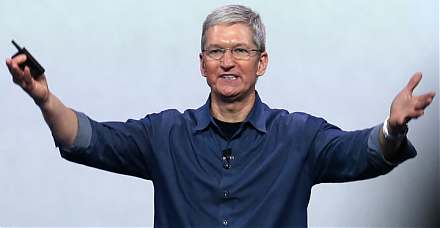
Apple becomes the first company to hit $1 trillion stock market valuation. The tech titan sells about the same number of smart phones or 41 million iPhones
2019-07-15 16:37:00 Monday ET
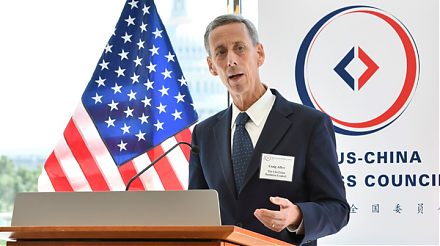
President of US-China Business Council Craig Allen states that a trade deal should be within reach if Trump and Xi show courage at G20. A landmark trade agr
2024-10-31 09:26:00 Thursday ET
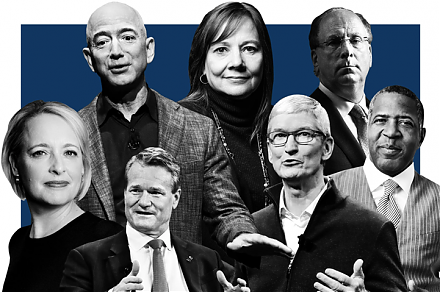
Generative artificial intelligence (Gen AI) uses large language models (LLM) and content generation tools to enhance human lives with better productivity.
2018-01-06 07:32:00 Saturday ET
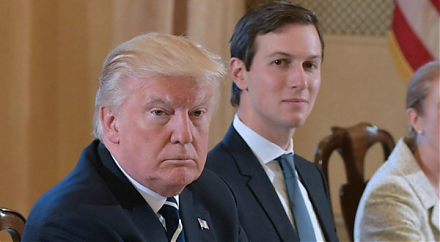
Subsequent to the Trump tax cuts for Christmas in December 2017, the one-year-old Trump presidency now aims to make progress on health care, infrastructure,
2018-05-05 07:33:00 Saturday ET
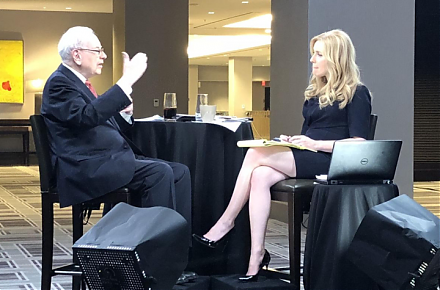
Warren Buffett shares his fresh economic insights and value investment strategies at the Berkshire Hathaway shareholder forum in May 2018 despite the new GA
2023-02-03 08:27:00 Friday ET
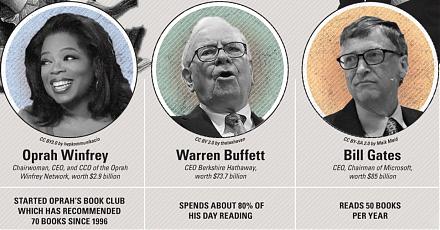
Our proprietary alpha investment model outperforms most stock market indices from 2017 to 2023. Our proprietary alpha investment model outperforms the ma